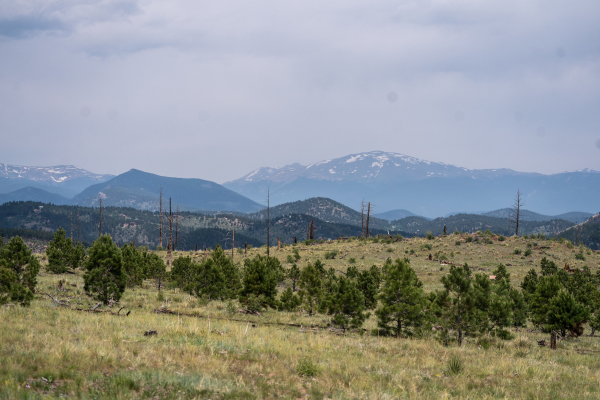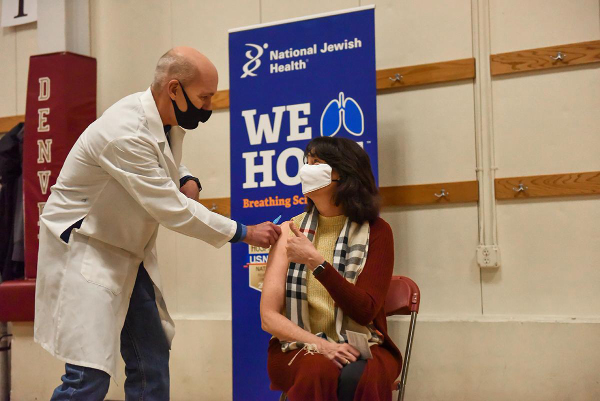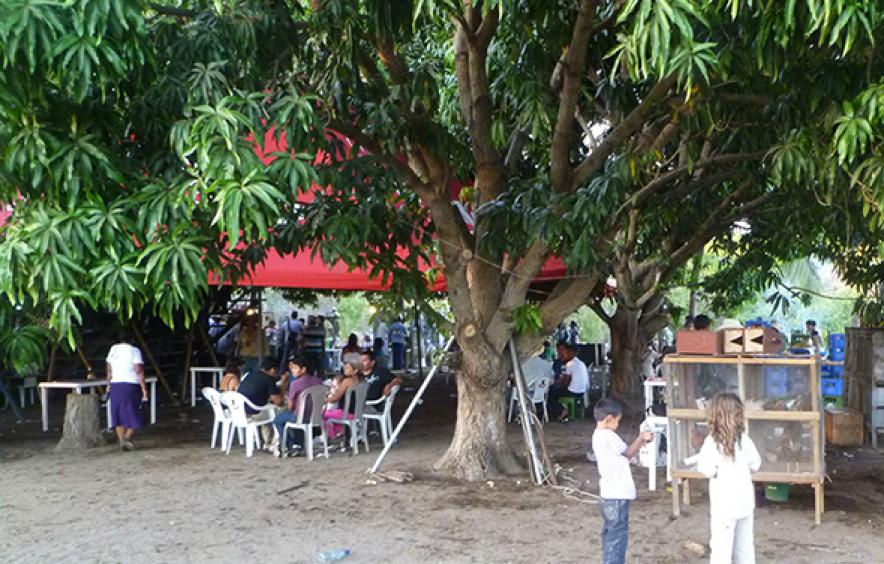COVID-19
Our faculty and community are leaning into the challenges of the COVID-19 crisis and responding to it through research, creative works and community engagement. Here are a few highlights of these efforts.
For more information about the University's response to COVID-19 and answers to frequently asked questions, please visit the DU COVID-19 website.
Featured Stories
Faculty in the News
Colorado's colleges and universities are proving that containing COVID-19 is possible
Sarah Watamura, Department of Psychology
In KUSA TV 9-News
How political polarization broke America’s vaccine campaign
Seth Masket, Political Science Department
In Vox
What Will Become of the Pandemic Pets?
Ingrid Tague, Department of History
In The New Yorker
Asian Americans in Colorado say enough is enough after year of pandemic-related hate
Ping Qiu, Department of Languages, Literatures & Cultures
In The Denver Gazette
Colorado’s billionaires are nearly $10 billion richer since March 2020
Markus Schneider, Department of Economics
In The Denver Post
For working moms, stimulus bill is a 'total game changer'
Casey Stockstill, Department of Sociology & Criminology
In Sentinel Source
COVID in Colorado: How Local News Has Changed
Kareem El Damanhoury, Media, Film & Journalism Studies
In Fox 31
How Much Did COVID-19 Affect The 2020 Election?
Zoom Funerals, Outdoor Classes: Jails and Prisons Evolve Amid the Pandemic
DU Prison Arts Initiative, Department of Theatre
In The Marshall Project
If your pandemic partner is getting on your last nerve, try these tips to repair your relationship
Howard Markman, Department of Psychology
In The Washington Post
The cost of child care was already astronomical. In the pandemic, it’s ‘terrifying.’
Unemployment And Housing Benefits Are Expiring. Colorado Will Try To Stop The Bleeding With A Modest Stimulus
Paula Cole, Department of Economics
In Colorado Public Radio
Going Virtual Allows Prison Arts Program To Provide Incarcerated People With Outlet For Healing
Ashley Hamilton, DU Prison Arts Initiative, Department of Theatre
In KUNC
From Plaster to Plastic, Artists Take Inventive Approaches to Face Masks
Vicki Myhren Gallery, School of Art & Art History
In Hyperallergic
Deep political disagreements can coexist with universal support for vaccines
Jeanne Abrams, Holocaust Awareness Institute, Center for Judaic Studies
In The Washington Post







